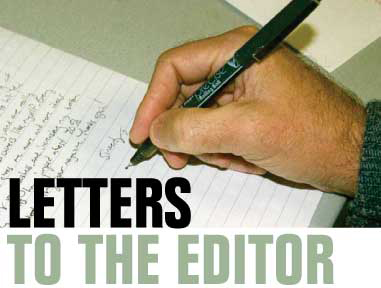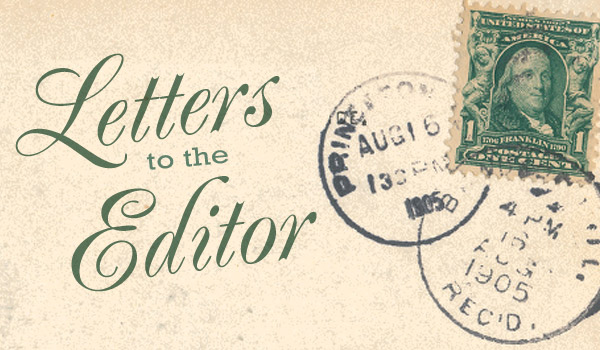Dear Sir,
Did you realise that Durham County Council has an international reputation as a leader in the area of low carbon, energy-saving and climate change?
For a number of years, the Council’s Low Carbon team has been a partner in the EU-funded ‘REBUS’ carbon-reduction project, in which local authorities around Europe are sharing good practice with the aim of producing a fund of ideas for others to copy. Recently a team of people from Sweden came to learn from DCC’s energy-monitoring systems, and in March I have been invited to a conference in Italy to speak to partner organisations about what DCC is doing to reduce its carbon footprint.
Meanwhile, DCC’s EU-funded ‘Business Energy Efficiency Project’ (BEEP) is so well-regarded that it has been funded for a second term and (despite Britain leaving the EU) Durham has now been asked to participate in another EU energy efficiency project called ‘SME Power’ – a project sharing good practice about how exemplar local authorities and agencies (from Italy, Germany, Slovenia, Spain, Ireland and Finland) are helping local Small and Medium-sized Enterprises to save energy (and money). The project’s ambitious challenge is to publish guidance on: “How can we help SMEs become drivers for change?”
Therefore, in my role as DCC’s Climate Change Champion, I was delighted to attend this week the first meeting of the regional stakeholder panel … along with DCC officers; local partners from Business Durham, Newcastle and Sunderland Councils; the government’s Department for Business, Energy and Industrial Strategy (BEIS), and its Ministry of Housing, Communities and Local Government (MHCLG). After a brief introduction to the scheme, we spent a very profitable time comparing our advice and engagement processes, looking at what makes them work … and what factors sometimes threaten success.
SME Power is a four-year project with a total funding from the Interreg Europe Programme of €1.5 million (of which Durham will receive €188,120). The project has intentionally built-in flexibility to acknowledge that Britain has left the EU and may have different structures and rules.
John D Clare









